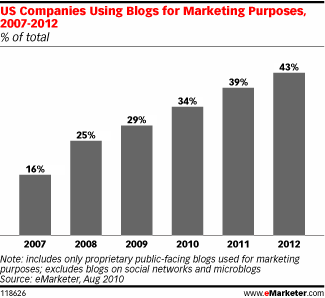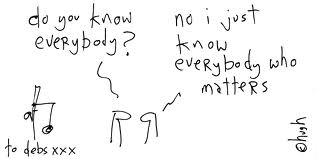
Will 2012 be the year of Google? Android continues eating Apple’s pie across the world, Facebook’s constant changes drive frustrated top influencers to Google+, Google analytics is the most widely used web analytics tool with market share of 80%, and Google continues in its no. 1 position in search.
Google search: where are we right now?
Google has come a long way. Few years back the search giant was reluctant to invest in social, especially after not so successful attempts with Orkut and Google Buzz. Yet step by step the company has become more ambitious and seen the potential social has.
- 2009: Personalized Search : Ranking based on user’s history, clicks and location
- 2009: Social Search : Results based on user’s social connections
- 2010: Google Real time: Integration of Twitter feed into the results
- 2011: Google Plus: Google social network + addition of Google+ pages for business
- 2012: Search plus your world: Personalized, Social, G+ and authors in the search result
What is “Search plus your world”?
Search plus your world is Google’s attempt to finally unify the search, social and its own G+. It means that Google has integrated the algorithm of social search, personal search and personalized search in one algorithm. This latest addition in search mix finds the content that the users shared in Google plus (photos, videos, posts, articles, etc.) together with the traditional web content. To search information of a contact, you only need to search for it in Google and you will get the social network results first.
The change to the algorithm has already been implemented, but at the moment it is only visible for people who are logged in Google.com and do their search in English. Google is planning to roll it out shortly to the rest of the world.
How Search plus your world will influence SEO?
Let’s be honest. Google owns 90% of the global search market so if Google says jump, we jump. So if Google says we need +1 buttons and a G+ page to improve our ranking, so be it. Logically, not only Google will show personal Google+ results for users, but the search engine ranks higher the pages that feature +1 recommendations and +1 also appears both in the paid and natural listings. As with Facebook “like” button, +1 is a social proof that the content is worth seeing and sharing. More recommendations you have, more likely users are going to click your page (and more likely Google is going to like it…sorry I mean “plus” it).
A very important change in the new search is that the personal results will appear first. How does this affect traditional search? Well, let’s say that if first 10 results are personal, they will already kick the traditional search results from the first page. Annoying!
What comes to Adwords, some experts say that Google is stupid to play with its biggest income channel and the change may be negative for the search giant. Yet when you think about it – if your real ranking is out of your control and depends on random users and their opinions, how much are you ready to pay to secure your place on top? The change might actually push the Adwords bids very high creating more income for Google.
Regarding Adwords’ look and feel, I am curious to see what Google will do because the way they appear right now is likely to be different compared to the personal results. Maybe Google will create its own version of Facebook’s “sponsored stories”. Let’s see.
Goodbye Google ranking?
Some people say that this is the death of Google ranking. Not necessarily, but it means that we have to stop focusing only in numbers, excel sheets, visits, clicks, conversions and results.We have to start concentrating also in people.
It is true that right now the effect is still very small, since penetration of Google plus is still low. You may think that it does not really matter that people see personal, social results when at the moment not so many of the users are in Google+. Maybe, but in the future it will. Therefore it is a good idea to start thinking about your Google+ strategy, to set up a Google+ page for your brand, and to start building your fan circle. Once the social results start to matter, you already will have a fan base and plenty of +1 recommendations to stay on the first page.
Meanwhile, it is not worth ditching the current SEO strategy and efforts. Google’s search project sounds good, but at the same time it has few downfalls. First of all: privacy issues. With the new search whatever we do in Google+ is visible in Google search for our family and friends, and if people add Google+ friends as carelessly as Facebook friends this might have serious implications. Secondly, Google is about relevancy, but what my friends (bless them) say in Social Media is not always very useful. This might alienate users from Google search and they might start preferring other search engines.
Let’s see if Google’s sneaky plan to integrate personalization, social and G+ into search will be successful, or whether it will be like many of its projects: ambitious … but rubbish.








